What is a luxury car?
There are any number of ways to define a luxury car - or indeed the term 'luxury' itself, which means different things to different people, possibly based on how much of it they’ve personally enjoyed.
But perhaps the simplest is to say it’s a vehicle with an above average level of equipment, performance or comfort.
One of the easiest way to recognise what is considered a luxury car is by the brand that makes it. Companies such as Audi, BMW and Mercedes-Benz are considered luxury carmakers, due to their historical reputation and the quality of their products.
However, in this day and age the line between mainstream and luxury cars is getting blurry, as companies such as BMW and Mercedes have introduced smaller, cheaper models while some mainstream brands have moved more upmarket and added extra creature comforts.
What does it mean if a car is classed as luxury?
For a car to be considered luxurious it typically takes more than just the amount of equipment or the price. A combination of factors, including equipment and price, plus performance and comfort levels are all considered in determining what constitutes luxury.
The best examples of this are Lexus and Genesis, luxury brands that have been specifically positioned above their mainstream Toyota and Hyundai parent companies. While BMW and Benz embody the idea of luxury, Genesis and Lexus are trying to create it. Or at least emulate it.
Some brands blur the lines, though, like Tesla. The American electric upstart has often been cited as a luxury carmaker, but its products, pricing and customer experience cannot be considered as meeting the true definition of a luxury brand. Nor do its spartan interiors feel particularly luxurious, and yet some people still insist on awarding it the luxury appellation.
Similarly, a brand like Honda was once considered ‘the BMW of Japan’, particularly when it was making supercars like the original Honda NSX. But it has reverted to more mainstream products and positioning in recent years.
Other brands that could be considered luxury include Jaguar, Range Rover, Porsche, Ferrari and Lamborghini, although all of those might fit more neatly in the 'prestige' market definition.
How is it determined whether a car is a luxury car?
There are other ways to do this, too, at least in Australia, thanks to the tax department, which classifies a luxury car on price and applies an extra charge for owners.
For the 2023-24 financial year the Australian Tax Office (ATO) has set the threshold at $76,950 for a luxury car. Anything above that figure is, legally speaking, considered a luxury car and anything cheaper isn’t.
That is a simplistic, numerical view, of course, and dismisses many of the smaller models that established luxury brands have introduced in the last two decades. These include the likes of the BMW 1-Series and Mercedes-Benz A-Class.
.jpg)
What differentiates a luxury car from a regular car?
Traditionally it was the level of standard equipment and the quality of the vehicle that determined the difference between luxury and mainstream. But with more and more new mainstream models improving in these areas, the factors that define the differentiation of brands are evolving.
One increasingly important area of difference is the ownership experience. Luxury brands have worked to offer a higher level of value and respect to customers to make them feel that by buying a luxury car they are part of an elite group.
Most luxury brands these days offer some form of post-purchase experience, including drive days, track events, restaurant experiences and other value adds.
What are some of the defining features of luxury cars?
A key differentiating factor for a long period was the layout, with luxury cars often using a front-engine, rear-wheel drive (or all-wheel drive) format, whereas mainstream brands would use the cheaper front-engine, front-wheel drive layout.
These differences are far less obvious or important now as the market transitions to more SUVs (and BMW, for example, used to be a rear-wheel-drive-only brand, but it has come around to other layouts).
Technology, such as advanced multimedia interfaces and expensive audio systems were another major difference in years previous, although less so these days with the widespread use of touchscreens and similar tech.
Is there a particular price that makes a car luxury?
As previously mentioned, the ATO defines a luxury car as anything at $76,950 or more expensive. However, there are numerous cars that can legitimately be considered luxury vehicles that are beneath that price point, and some people would also say you have to be spending more than $100K for real luxury.
Top 5 luxury car brands in Australia
1. BMW
2023 Australia sales: 26,184
BMW and Mercedes-Benz have been locked in a battle for the title of Australia’s most popular luxury brand for decades and in 2023 it was the Bavarian brand that emerged triumphant, albeit by a very narrow margin of just 1869 vehicles.
This sales success speaks to the brand’s broad range of offerings, from the compact 1-Series hatch all the way to the X7 large SUV. In between it offers buyers the choice of sedans, wagons, SUVs and even the Z4 roadster. It also has a mixture of motive technologies on offer, including petrol power, diesel, hybrid and fully electric models.
.jpg)
2. Mercedes-Benz
2023 Australia sales: 24,315
Like its fellow German brands, Mercedes’ strength is diversity, with its current line-up stretching from the A-Class hatch to the GLS limousine-style SUV. Along the way it offers high-performance AMG models, ultra-luxurious Maybach creations and an expanding range of electric EQ options.
.jpg)
3. Audi
2023 Australia sales: 19,039
The third member of the so-called German ‘Big Three’ is on the rise, recording significant sales growth in 2023 to close the gap to BMW and Mercedes. This is largely thanks to the four-ringed brand’s strength in SUVs. Not surprisingly for a company that popularised all-wheel drive with its ‘quattro’ technology, it has capitalised on the SUV trend with an expansive range - from compact Q2, through the small Q3 and mid-size Q5 up to the large Q7 and Q8 coupe. It is also heavily invested in an EV future with its e-tron variants.
.jpg)
4. Lexus
2023 Australia sales: 15,192
Lexus is a case study in playing the long game. Toyota’s luxury brand is slowly but surely closing the gap to the German trio that has dominated Australia’s luxury market for decades. It has taken more than 30 years, but the brand’s steady approach, offering high-quality vehicles with a compelling value argument, has won over more and more customers.
Drawing on the broader Toyota Motor Corporation’s knowledge of hybrid powertrains has been a major plus in recent years, allowing the brand to add efficiency to its list of appealing traits. Models such as the NX compact SUV and the RX large SUV are now among the best-selling choices in their respective segments, going wheel-to-wheel with the best from Audi, BMW and Mercedes.
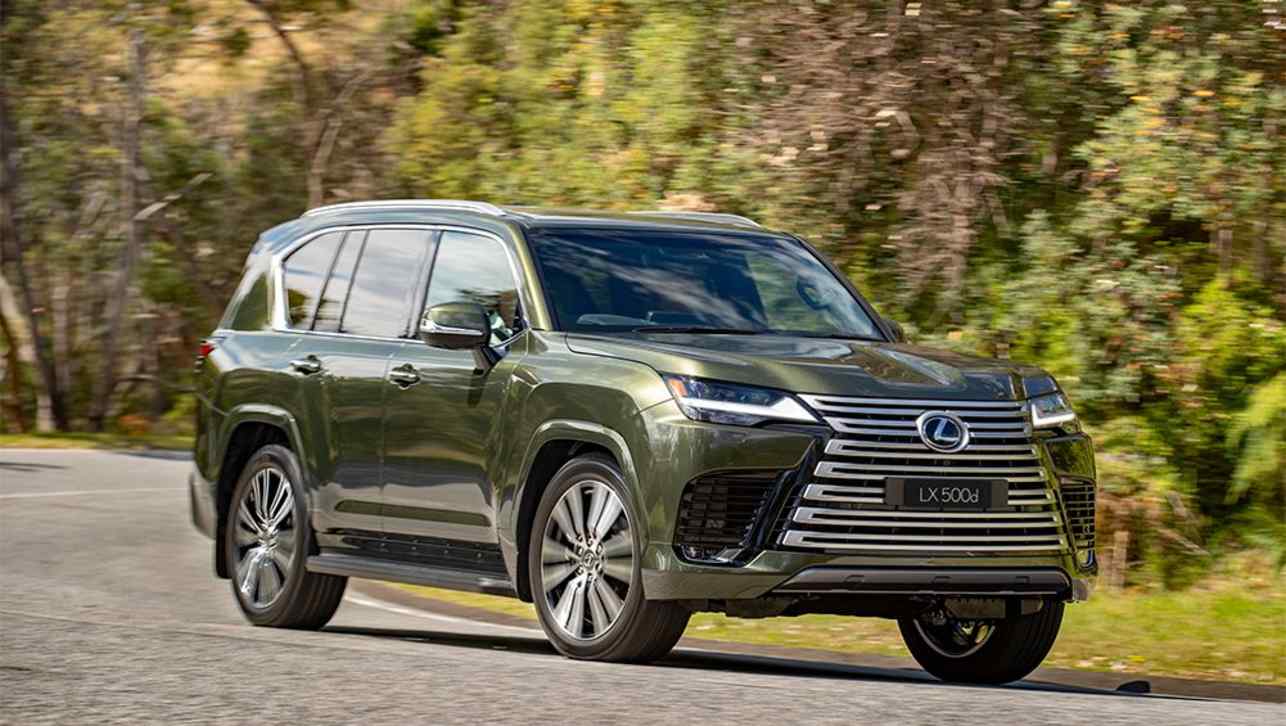
5. Volvo
2023 Australia sales: 11,128
The Swedish brand has made the bold decision to commit to an all-electric future as early as 2026. It’s a risk, but a calculated one. With several other luxury brands talking about going all-electric by 2030, Volvo hopes it can get a jump on its competition and enter the next decade as a much bigger player in the Australian luxury car market.
To achieve this ambitious target, it will start rolling out a fleet of EVs in the next few years. It’s already begun with the C40, EX40 and EX90 confirmed for local showrooms.



.jpg)

.jpg)
.jpg)



 copy.jpg)
.jpg)

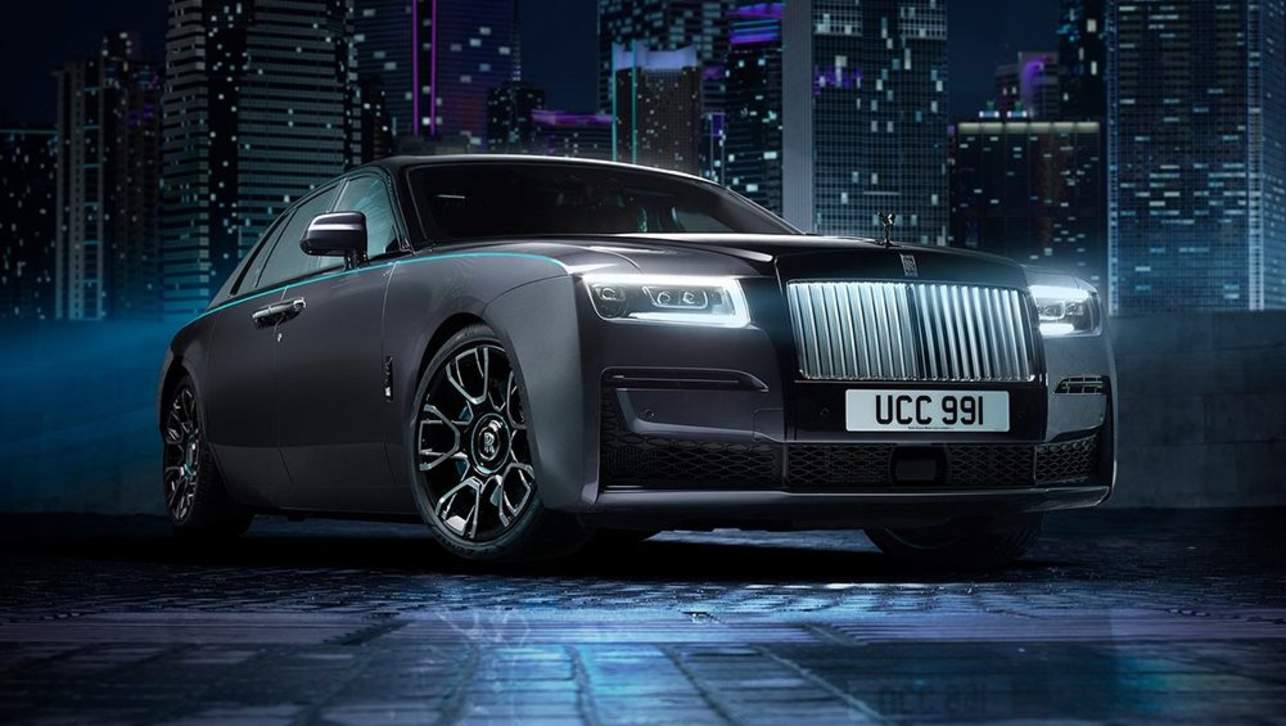
.jpg)
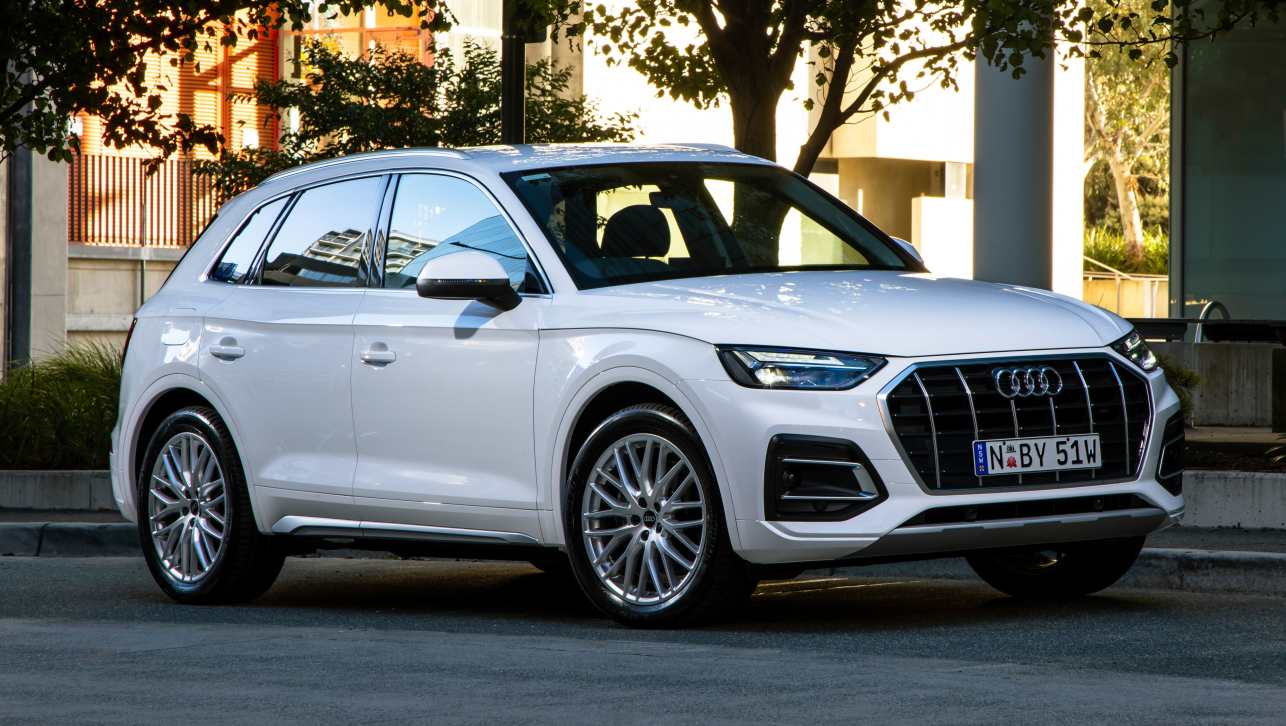
.jpg)
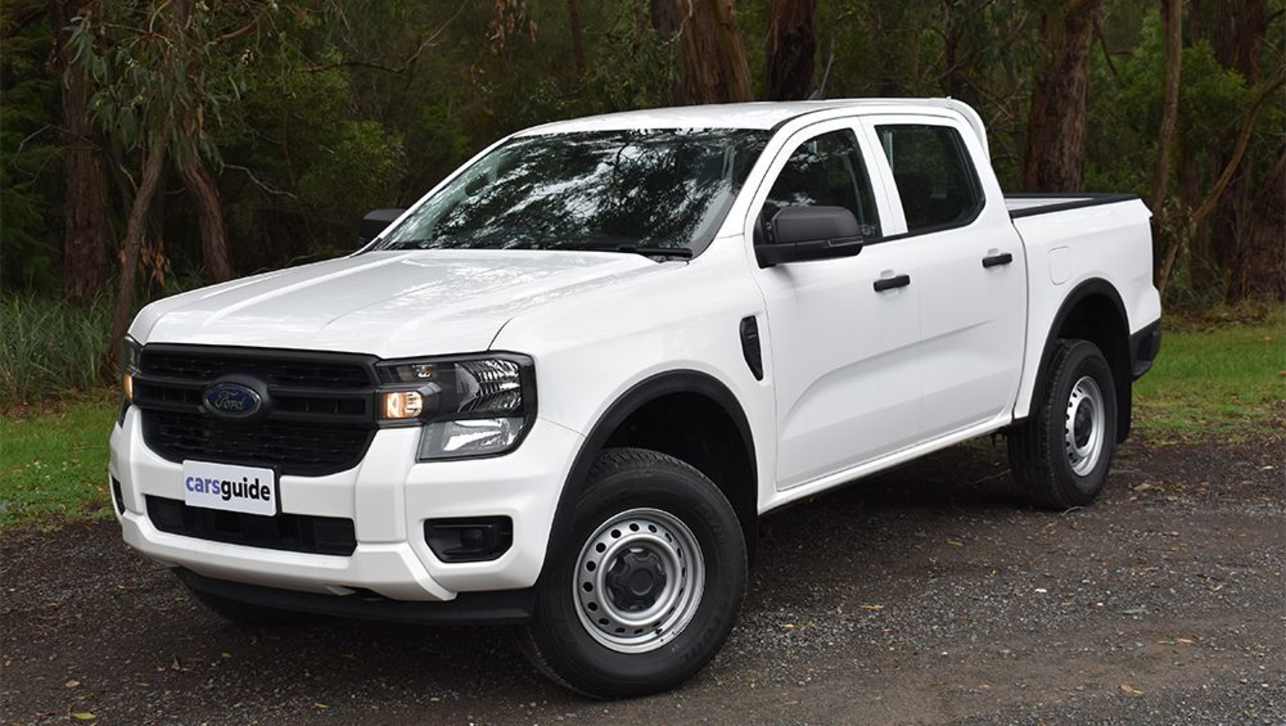
.jpg)

.jpg)

.jpg)
.jpg)
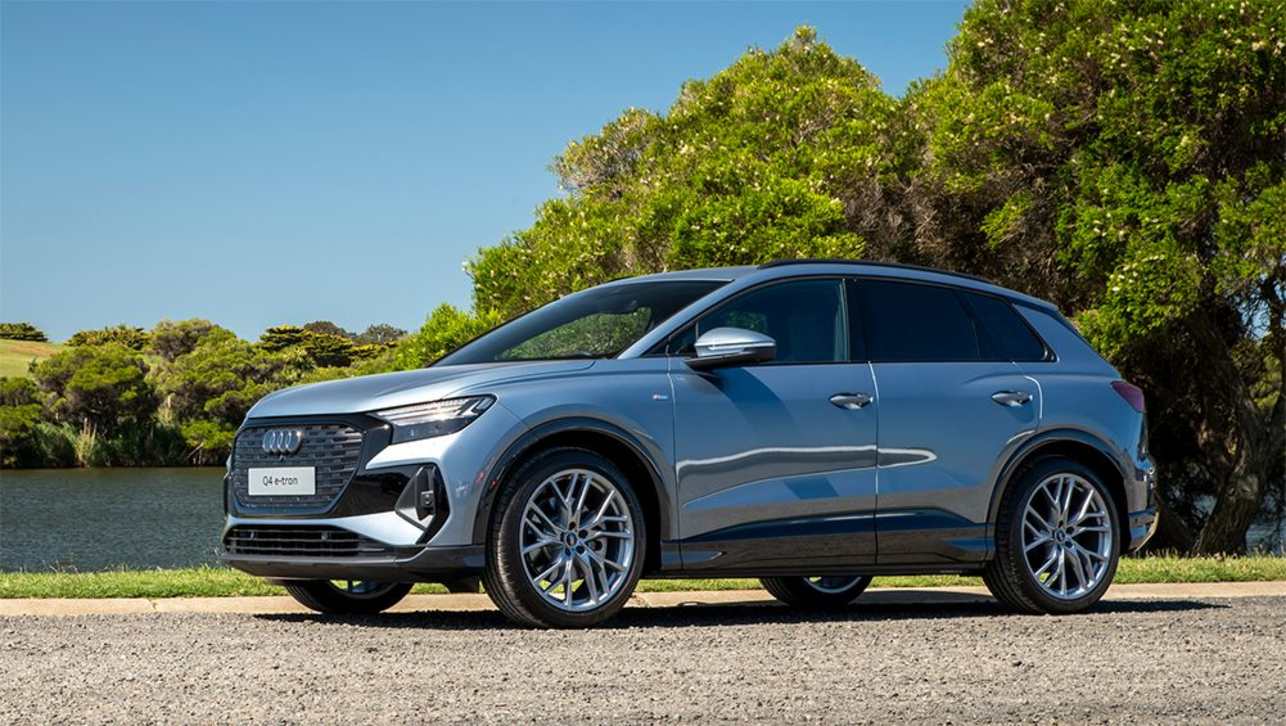
.jpg)


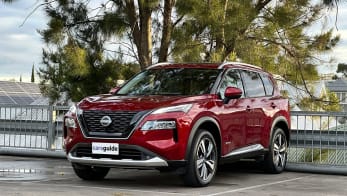


Comments